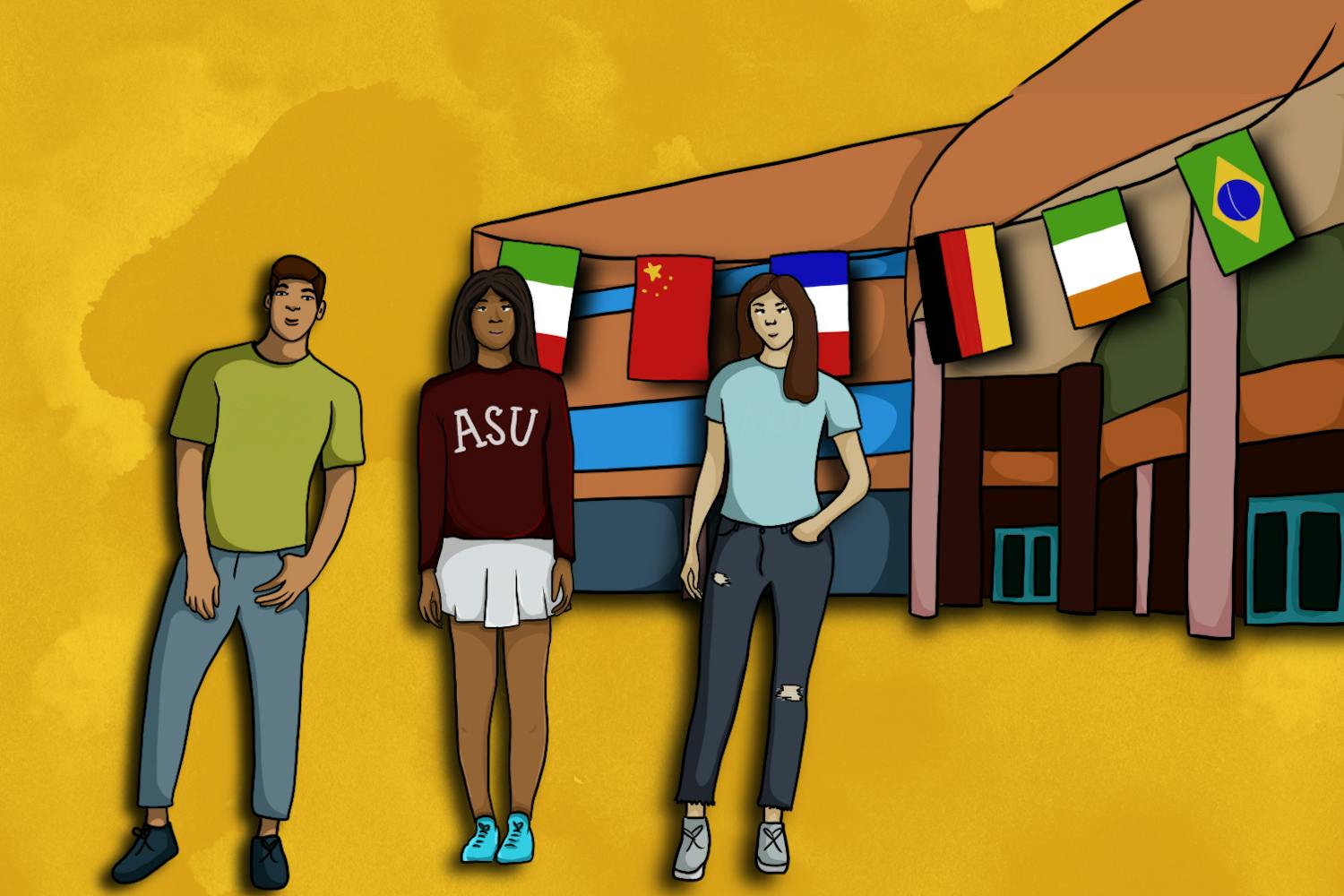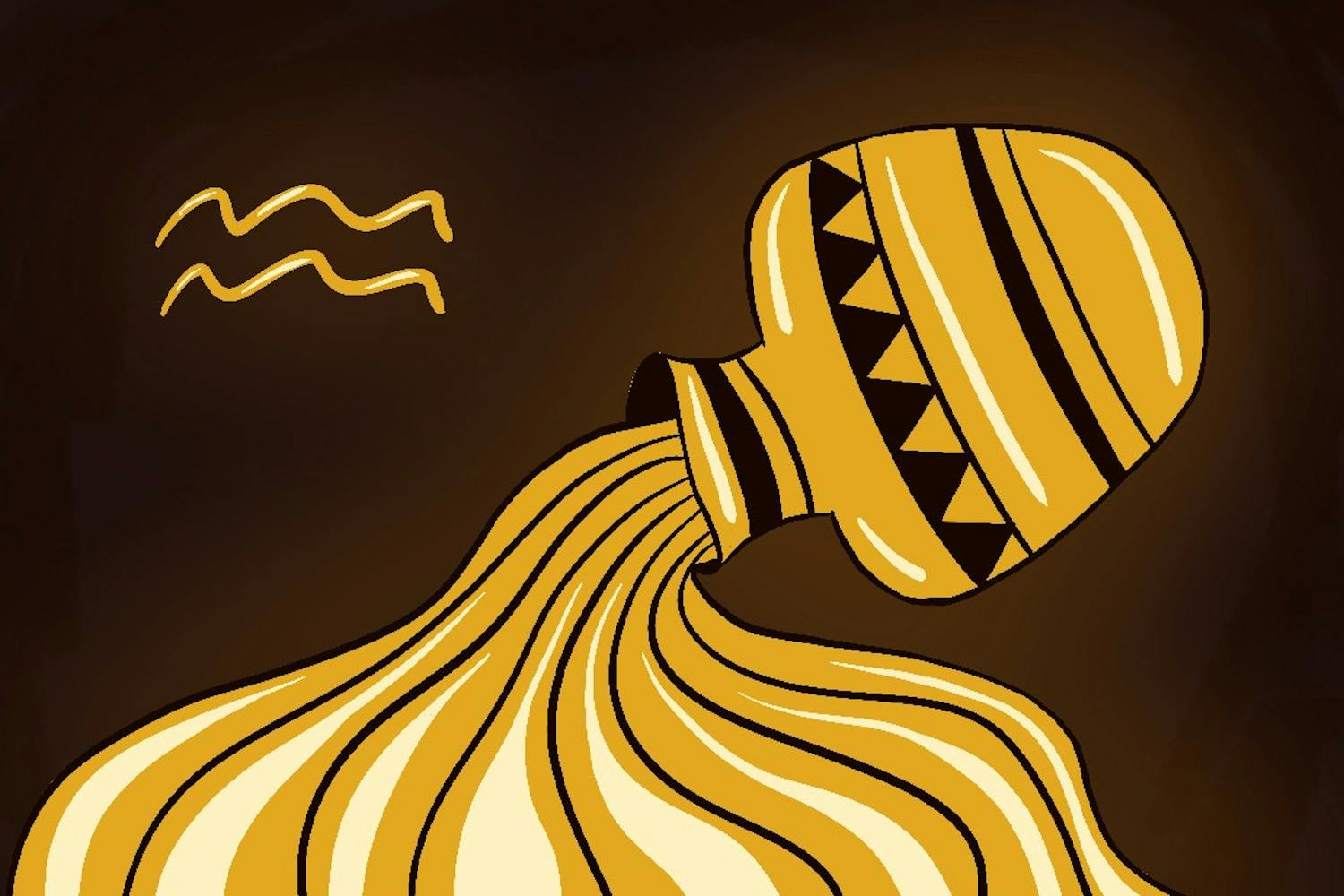Throughout February, ASU’s Downtown and Tempe campuses hosted an accelerating social movement. This one especially is most literal in the sense of movement, as it is a bright orange van that doubles as a design lab and sound studio.
Project NannyVan, however, is much more than an art project.
Marisa Jahn, lead artist and executive director of REV-, the nonprofit organization heading this project, said the NannyVan is a design studio and sound lab.
"We are working closely with the National Domestic Workers Alliance to gather stories, create new resources to support domestic workers and employers and bring to light this issue that has largely been invisible to the general public as well,” she said.
The NannyVan started when Jahn had her first child and hired a nanny. Jahn began researching what was expected from her as an employer and what the new nanny should expect as her employee. The task proved to be harder than she expected, as there were very few widely accepted standards or set of rules for her to follow.
That is when she got the idea to start a movement to bring domestic workers and employers rights to the forefront. Jahn didn’t stop with only childcare providers; she also works with all types of domestic workers.
“Here in Arizona, we met with different groups like Puente, Somos Americanos, Arizona Worker Rights Center and Tucson Immigrant Workers' Project to learn about the relationship between immigration and domestic workers' rights,” Jahn said. “We also met with artists and students from ASU to create content for the Domestic Worker App as well as different paper hand-outs about the rights of workers in this state."
The NannyVan was displayed at multiple places while in Arizona. One of them was the ASU Art Museum. Gordon Knox, the museum director, said not only is this a unique project, it also impacts students at ASU.
“Recognizing how an innovative combination of research, problem solving, communication and action constitute the core ingredients of art making,” Knox said. “This example provides all ASU students with the ability to incorporate art — one of the species’ most complex forms of knowledge production — into every aspect of learning and research they are engaged with.”
ASU professor, Michelle Téllez, shares Knox’s belief that this project affects many students that attend ASU.
“(The NannyVan) is important because it makes an issue visible through its innovative design, by introducing the conversation and by traveling the country, more people will recognize that they too are affected when domestic workers are not paid justly,” she said. “At ASU, many students do not take the time to look ‘behind the scenes’ at the work that is being done to support them.”
Tellez said there were many ways people can get involved with the NannyVan and its artistic and social movement.
“Follow the NannyVan, publicize it, volunteer at the local worker’s rights center,” she said. “If you know a domestic worker, make sure they are getting just wages. If you hire one, do the same. Read the Bill of Rights, be informed.”
Please feel free to contact the reporter at aincardone@asu.edu or follow her on twitter @ aincardone



